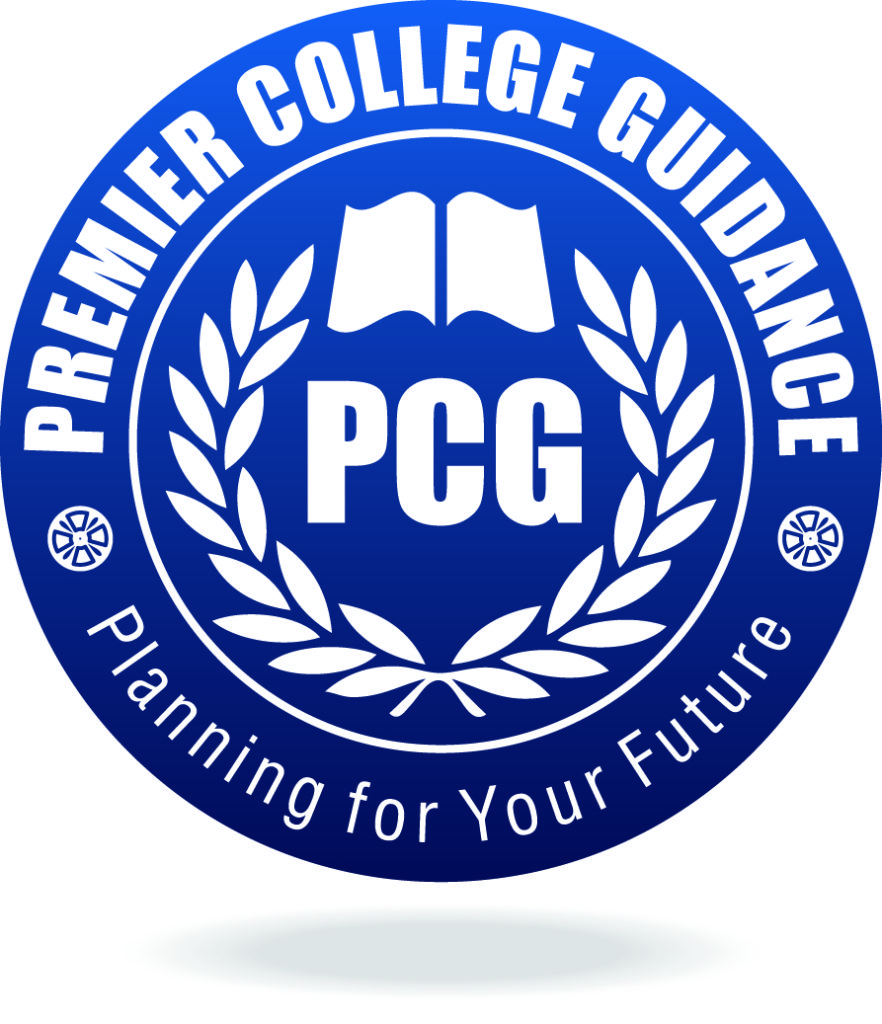Today, we’ll dive into how you can strategically plan your high school courses to enhance your college application. Your curriculum isn’t just about fulfilling requirements; it’s about telling a story of your academic passion, rigor, and preparation for higher education.
STRATEGY 1: SELECTING THE RIGHT COURSES
Here’s how to choose your classes wisely. Core Subjects: Ensure you’re taking the most advanced courses you can handle in English, Math, Science, and Social Studies. Colleges look for students who challenge themselves.
Advanced Placement (AP) or International Baccalaureate (IB): These courses show colleges you’re prepared for college-level work. However, choose based on interest and ability, not just to impress.
Electives: Use electives to explore or deepen your interest in potential majors or to round out your education. Think languages, arts, or technology.
Honors vs. Regular: Choose honors if you can manage the workload without sacrificing performance in other areas. Quality over quantity is key.
STRATEGY 2: BALANCING RIGOR WITH WELL-ROUNDEDNESS
Find the right balance. Incremental Rigor: Gradually increase the difficulty of your courses. Don’t overload early on; build up to it.
Well-Rounded Curriculum: Colleges value students who are not only academically strong but also have diverse interests. An art class or a tech course can complement your core subjects.
Summer Opportunities: Consider summer programs or classes to either get ahead or explore new areas without affecting your regular school schedule.
STRATEGY 3: SHOWCASING YOUR CURRICULUM
Make your academic path stand out. In Your Essays: Use your personal statement to talk about how specific courses influenced your goals or changed your perspective.
Interviews: Be ready to discuss challenging courses, how you overcame them, or what you learned from them.
Letters of Recommendation: Inform your teachers about the courses you’ve excelled in or projects that highlight your skills so they can speak to your commitment.
Resumé or Application: Highlight significant academic achievements, projects, or research you’ve undertaken.
STRATEGY 4: CONTINUOUS REFLECTION AND ADAPTATION
Adapt as you grow. Regular Review: Annually revisit your course plan with your counselor. Adjust based on your academic performance, interests, or college feedback.
Feedback from Colleges: If you get feedback from colleges after visiting or information sessions, use it to tailor your curriculum further.
Self-Assessment: Reflect on what you enjoy and where you excel. Your curriculum should reflect your evolving interests.
STRATEGY 5: SPECIALIZATION VS. BREADTH
Consider your academic focus. Specialization: If you have a clear career path, focus on courses that build direct skills or knowledge. For example, more math and science for engineering.
Breadth: If you’re undecided, take a broad range of courses to discover new passions or to ensure you’re a versatile applicant. Your high school curriculum is a powerful tool in your college application toolkit. If you would like access to our downloadable documents to organize your process, we will make that available at no charge.

Recent Comments